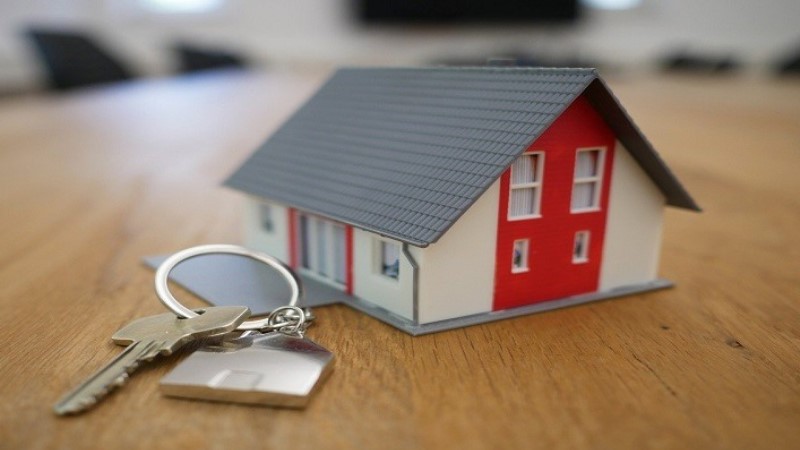Have you heard of a reverse mortgage but you have no idea “what is it with?” Do you want to know how an inverted mortgage in Poland works and what exactly is this solution? We have prepared for you a brief compendium of basic knowledge on this subject.
What is the reverse mortgage?
What Is The Definition Of Reverse Mortgage? What are the specific features of a reverse mortgage that distinguish this option? What is an inverted mortgage? Let’s start with the fact that the reverse mortgage is regulated by the Reverse Mortgage Act of October 23, 2014. It should first be noted that an inverted mortgage can only be provided by banks.
Okay, but what is the solution at all? A person taking an inverted mortgage gets a specific sum of money from the lender (once or in installments), but at the same time ownership of the property will be transferred to the lending bank only after the person taking the loan dies. This means that she owns the property until her death. In addition, the borrower does not repay the loan – the payment will be settled after his death. The bank may sell real estate that was collateral for the liability.
What about the borrower’s heirs? They have two options to choose from. First, they can repay the loan – then the property goes to them. Secondly, if they do not decide to regulate it, the bank becomes the owner of the property, but in a situation in which a given property is worth more than liabilities to the bank, it is the difference that goes to the heirs of the borrower.
Standard and reverse mortgage
Standard mortgage and reverse mortgage differ a lot. First, as mentioned above, the reverse mortgage is repaid when the borrower dies. Secondly: a classic mortgage is a special-purpose loan, i.e. the borrower can use the funds derived from it for a specific purpose specified in the contract, for example buying a flat.
Who is the reverse mortgage for?
Reverse mortgage was conceived as an option for seniors. Elderly people often struggle with the problem of low retirement, which is not always enough to secure a satisfactory standard of living, especially if they cannot count on the help of a family, etc. Who can apply for an inverted mortgage?
The potential borrower must meet certain conditions – the borrower may be a natural person who is the owner or co-owner of the property. In addition, this type of loan is also available to natural persons who own a house or cooperative ownership, it may optionally be a share in the rights to this type of property. Reverse mortgage is also intended for natural persons who have a plot in use or perpetual usufruct.
The pros and cons of a reverse mortgage
Among the advantages of a reverse mortgage can be distinguished, among other things, the fact that the borrower remains the owner of the property until his death. In addition, he does not have to pay back the loan during his lifetime. That is why an inverted mortgage can support older people who are in financial difficulties.
The disadvantage of a reverse mortgage is, however, that if an apartment that serves as collateral for a loan is currently worth USD 300,000, it does not mean that you will receive a loan in this amount. Why? After all, certain costs are inseparably connected with credit. However, the amount of the reverse mortgage depends on the value of the property.
Is it worth applying for an inverted mortgage?
When deciding to take out any loan, including reverse mortgage, you should carefully examine all pros and cons, taking into account your individual situation. Deciding in a hurry on financial issues should absolutely not happen.

